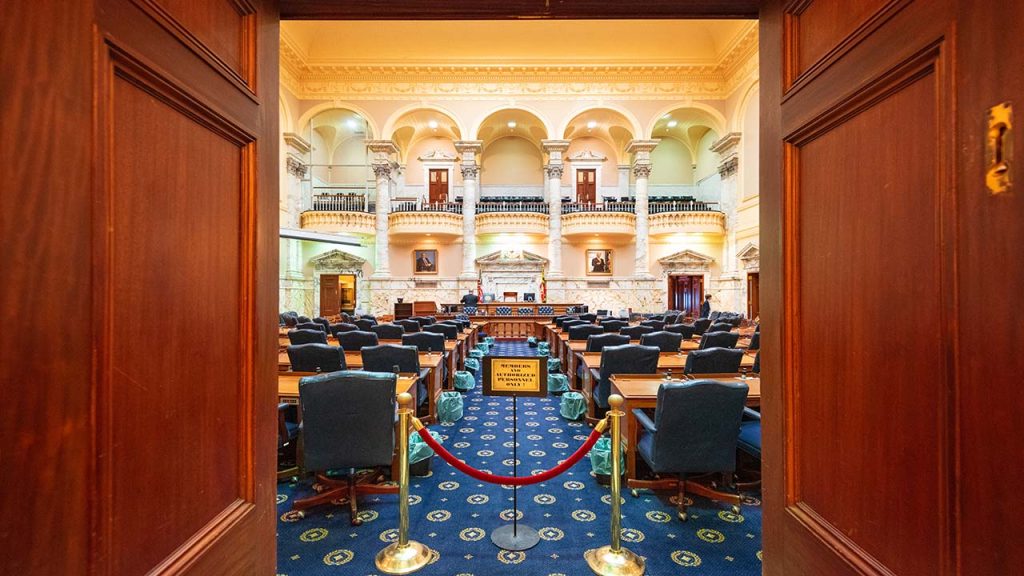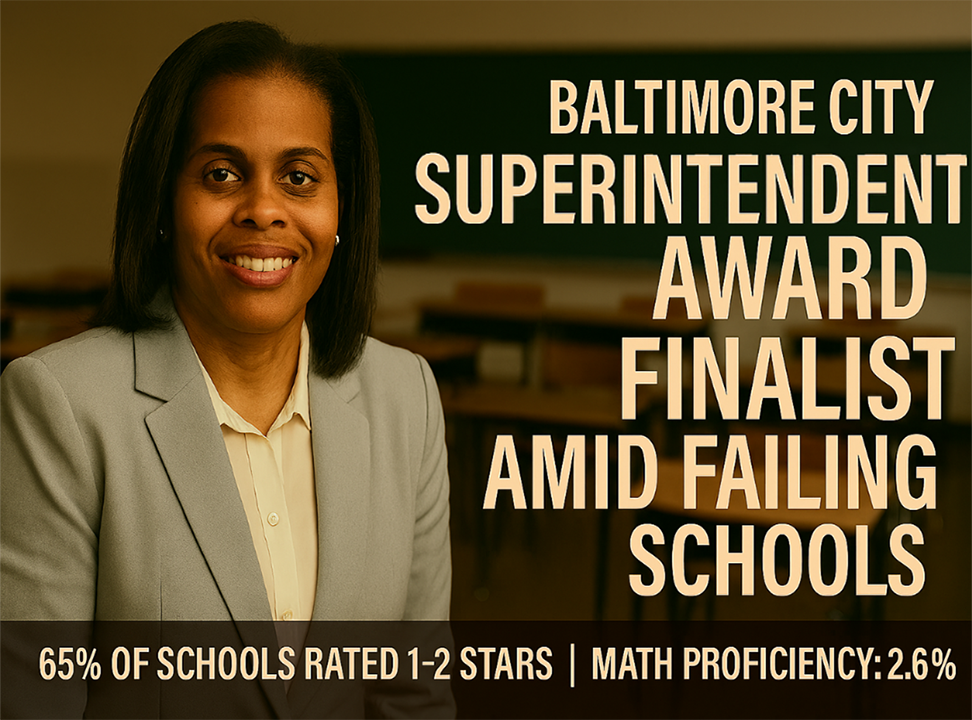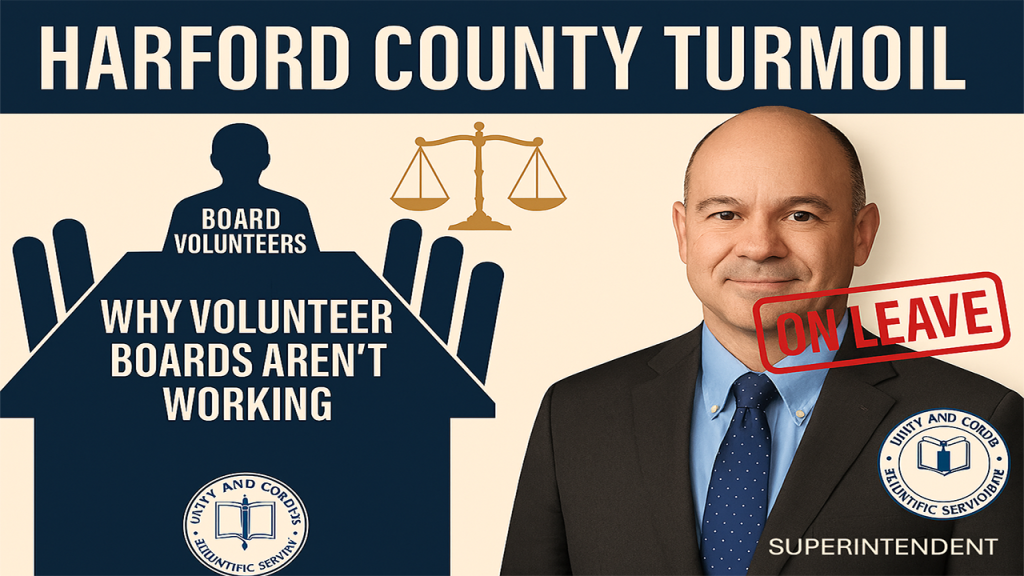
Sex Education’s Shortcomings Leave Students ‘in the Dark’
School nurses, psychologists, counselors, and other health workers give low marks to their district or school’s sex education curriculum, a new national survey shows.
While topics like puberty and anatomy and physiology are commonly taught, less than 40 percent of school health workers said students in their district learned about consent, interpersonal violence, and contraceptives, the survey by the EdWeek Research Center found. Information on LGBTQ+ issues or gender identity and expression are also rarely included in the curriculum. And a sizable number of K-12 school health workers say their school doesn’t teach sex education at all.
“I really do feel like our public schools are failing kids when it comes to sex education,” said Nora Gelperin, the director of sex education and training at Advocates for Youth, a nonprofit that works for adolescent sexual and reproductive health.
The survey results, Gelperin said, indicated that students are being left “in the dark.”
The EdWeek Research Center surveyed 3,480 school health workers in March. The sample included about 2,300 school nurses, 350 social workers, 245 school psychologists, and 120 health or sex education directors, among other health-related job titles.
When asked how they would rate the ability of their district or school’s sex ed. curriculum to provide students with the information they need to know, nearly 1 in 5 school health workers said their district or school didn’t teach sex ed. at all. Another 19 percent called the sex ed. curriculum “completely” or “somewhat” inadequate.
About a quarter said the curriculum did a “very adequate” or “excellent” job at informing students.
In general, teachers don’t have enough training on how to deliver comprehensive sex education, Gelperin said. But another, more immediate challenge is that sex education is caught up in political and cultural debates, she said.
“Unfortunately, I think sometimes adults over-censor themselves—they’re so worried about the pushback,” Gelperin said. “It’s really to the detriment of the students.”
In open-ended survey results, several school health workers said they want their school to have a more robust sex ed. curriculum than it has, but they’re stymied by district policies and fear of public backlash.
“Teaching health, especially sex ed., is very challenging these days, primarily for fear of parental interference or criticism,” one health worker said.
What school health workers say is included in the curriculum
When school health workers were asked what topics were included in their school or district’s sex ed. curriculum, most said puberty (71 percent) and anatomy and physiology (60 percent).
Those topics are generally considered safe and non-controversial, Gelperin said. (Still, she added, she wishes puberty was taught across the board since it’s “not optional” for children: “It’s really helpful to know what’s going on with your body.”)
But other topics that experts say are important for a comprehensive sex education curriculum—like consent, interpersonal relationships, and information about both contraceptives and abstinence—are included even less, the survey results show.
All of these topics are included in the National Sex Education Standards, which advocate for a sequential approach to building knowledge and skills from kindergarten to 12th grade. According to a 2016 federal survey, 41 percent of districts in the United States have adopted a version of the standards, which were last updated in 2020.
The standards have been criticized by some conservative parent activists and commentators for their advocacy of frank conversations about sex and sexuality, particularly related to LGBTQ+ identity.
Sex education can start in elementary grades, experts say
The school health workers surveyed work in all grades, and several of the ones who work in elementary schools pointed to the age of their students as reasons for not including some of these topics in the curriculum—or not having sex education at all.
But Gelperin, who was among the writers of the National Sex Education Standards, said the foundation for these topics can be introduced as early as kindergarten, in age-appropriate ways.
Young children should be taught that they can have personal boundaries and how to communicate those boundaries to others, she said. Learning to ask permission before borrowing another child’s toy is an example of consent.
The National Sex Education Standards say that by the end of 2nd grade, students should be able to define consent and bodily autonomy. The standards also say that 2nd graders should be able to identify situations that might be uncomfortable or dangerous, like bullying or child sexual abuse, as well as identify trusted adults who they can talk to about those situations.
“You can’t expect kids to make healthy decisions if you leave them in the dark,” Gelperin said.
The survey results indicate that abstinence is taught more frequently than information on contraceptives. Ideally, schools should talk about both options and give young people the “full and complete picture,” Gelperin said.
“Abstinence is always going to be the healthiest decision for young people,” she said, but many will still decide to have sex. “They need to know how to protect themselves and their partners.”
When school health workers were asked what topics they think should be included in the sex ed. curriculum that are not currently addressed, information on contraceptives topped the list, tied with interpersonal relationships and dating. Information about sexually transmitted diseases, testing for those diseases, and treatment closely followed.
“In a town with high teen pregnancy, we don’t have a formal sex ed. class,” one school health worker said in an open-ended response to the survey. “I believe if students are more aware of their bodies and how they operate, they can make better decisions about sex. However, community and some staff believe we’d only be encouraging students to have sex, when that is not the case. If they are going to have sex, they will; but at least they will be better informed.”
Said another: “Abstinence isn’t a realistic goal for everyone, but safety, consent, and preparation are.”
School health workers aren’t sure about the inclusion of LGBTQ+ issues
Only a quarter of school health workers said their school or district’s sex ed. curriculum included information on gender identity and expression and LGBTQ+ issues. About a third of survey respondents then selected that as an area that they think should be included.
These findings show a degree of ambivalence among health workers about how to teach about LGBTQ+ identities, as the topic continues to rise in current political discourse.
In general, most school health workers—about two-thirds—said they don’t think any topics should be excluded from their district or school’s sex ed. curriculum.
But among those who support excluding some topics, 23 percent said information on gender identity and expression and LGBTQ+ issues should not be part of the curriculum. That’s the highest selected topic by far—the second-most common topic school health workers marked for exclusion from the curriculum was information on pregnancy, prenatal care, and childbirth, with only 4 percent selecting that option.
“I really believe this is a current moment of time and not a true reflection” of school health workers, Galperin said, referring to the fear of parental pushback and the wave of legislation that seeks to restrict teaching about sexual orientation and gender identity.
She added that the school health workers she works with are invested in protecting LGBTQ+ youth, who are among the most vulnerable students. (Research shows that LGBTQ+ teens report higher rates of anxiety, depression, and suicidal ideation than their peers.)
But there could be other reasons, too. The survey results indicate that more than 40 percent of K-12 school health workers have not received any professional development on working with LGBTQ+ students. And open-ended survey responses show that some school health workers are uncomfortable discussing the topic. Several said those discussions should be primarily between the parent and the child.
“We need to equip and help educate parents to do their job of raising their own children rather than usurp their authority and try to change their values and beliefs in regards to sex education, gender identity, and other controversial topics that [are] in conflict with religious beliefs,” one school health worker wrote.
Experts say that it’s important for all students to learn definitions and terms related to gender identity and expression and sexual orientation. The National Sex Education Standards say that by the end of 5th grade, for instance, students should be able to explain that gender expression and gender identity exist along a spectrum, as well as be able to describe gender-role stereotypes and their potential impact.
“You have to provide material that engages all of the kids that you’re serving,” said Elijah Oyenuga, the program coordinator for the National LGBTQIA+ Health Education Center at Fenway Health, a medical center in Boston. “It’s also a space that can give language and knowledge to a lot of youth that might be still searching for that language about their own identities that they may not have had before.”
LGBTQ+ issues can also be incorporated into other topics that school health workers deem necessary to include in the sex ed. curriculum, like relationships and STD testing and treatment, said Darrell Sampson, the executive director of student services for the Arlington, Va., school system.
“Some of those are applicable to anyone, but there are nuances, perhaps, or greater risk factors for some of those things in terms of LGBTQ students, so why wouldn’t we want them—anyone—to have that same level of information so that they have the right information to then make healthy choices for themselves through adolescence and into adulthood?” he said.
Explore the Series
Dig Deeper With Our Longreads
Newsletter Sign up to get our best longform features, investigations, and thought-provoking essays, in your inbox every Sunday.
The MEN was founded by John Huber in the fall of 2020. It was founded to provide a platform for expert opinion and commentary on current issues that directly or indirectly affect education. All opinions are valued and accepted providing they are expressed in a professional manner. The Maryland Education Network consists of Blogs, Videos, and other interaction among the K-12 community.








